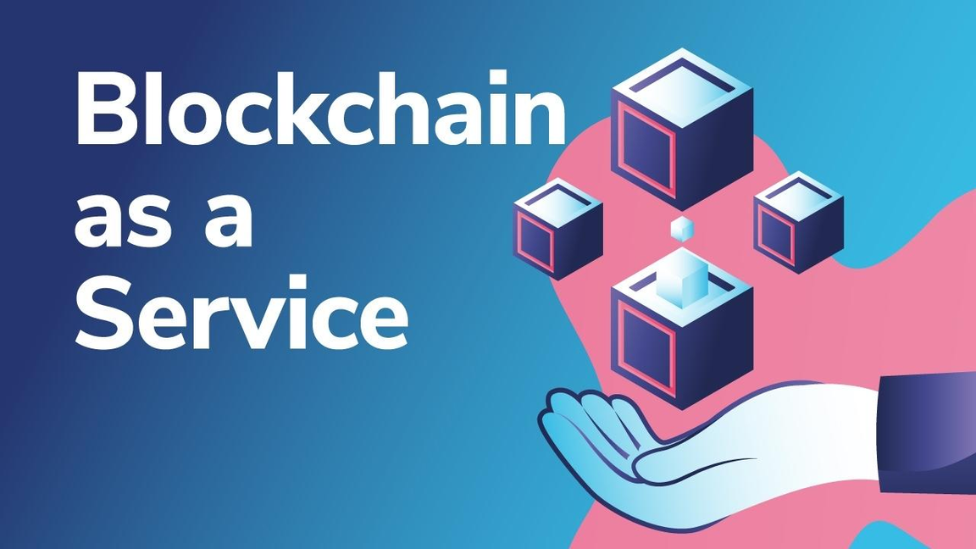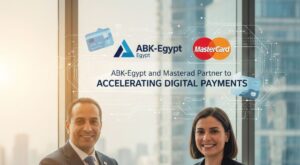Several Middle Eastern countries have seen growing investments in blockchain technology across diverse sectors in recent years. According to the Middle East & Africa Blockchain Market Outlook 2027, the blockchain industry is expected to grow at a CAGR of 49.54% by 2027.
In the middle east, cryptocurrencies, international payments, and finance are the most common use of blockchain. Nonetheless, there are various other uses of blockchain technology.
Blockchain as a Service (BaaS) is one of the most promising applications of this technology. BaaS is not very popular when compared to SaaS (Software as a Service) or DaaS (Desktop as a Service). It continues to get a lot of attention and expand. According to a Fortune Business Insights analysis, the global BaaS industry is expected to reach a value of USD 24.94 billion.
What is BaaS?
BaaS is a service that enables companies and their clients to manage and build their digital goods and apps using cloud-based solutions without having to create and maintain their own blockchain infrastructure. BaaS is still in its infancy. It is a fantastic development that helps enterprises use blockchain technology extensively.
How does BaaS Work?
The idea of BaaS is not as difficult as you might think. The concept behind BaaS is that it acts as the base upon which you would create, host, and manage your blockchain application. It is similar to a hosting provider. The cloud-based service provider maintains the infrastructure secure from threats and fraud. Also, the provider ensures it is quick and agile enough to let customers create without any hindrances. The upkeep of the decentralized architecture is essential to the BaaS administrator. It also provides support services, including hosting, suitable asset assignment, and bandwidth management.
Major Participants in the BaaS
The primary and critical participants in the BaaS market include:
• Microsoft: In 2015, Microsoft introduced Ethereum blockchain-as-a-service on Microsoft Azure via a partnership with ConsenSys.
• Amazon: Using open-source frameworks like Ethereum and Hyperledger Fabric, Amazon unveiled Amazon Managed Blockchain. Amazon Managed Blockchain makes it easier to develop and administer large blockchain networks.
• IBM: IBM created a high efficiency that users can use to record and check transactions at auditing levels.
• R3: R3 is a group of international financial institutions that created Corda. Corda is a distributed financial ledger.
Benefits of BaaS
Businesses using BaaS can concentrate on expanding and achieving their goals instead of spending resources on building their blockchain. They can provide the most excellent services because of BaaS without worrying about making errors.
It also makes it possible for businesses to learn about the technology without creating their own custom Blockchain. BaaS provides the high transaction transparency and traceability levels that modern customers have come to demand.
Finally, BaaS solution allows B2B companies to test blockchain developments before making a more considerable commitment. Businesses that sell to other companies don’t have to spend a fortune inventing and trying new technologies. BaaS lessens the dangers associated with using proprietary decentralized systems.
Final Thoughts
If you want to incorporate blockchain technology into your business, you should consider exploring Blockchain-as-a-Service (BaaS). BaaS aims to ease enterprises into the future of blockchain technology with scalable solutions.


























